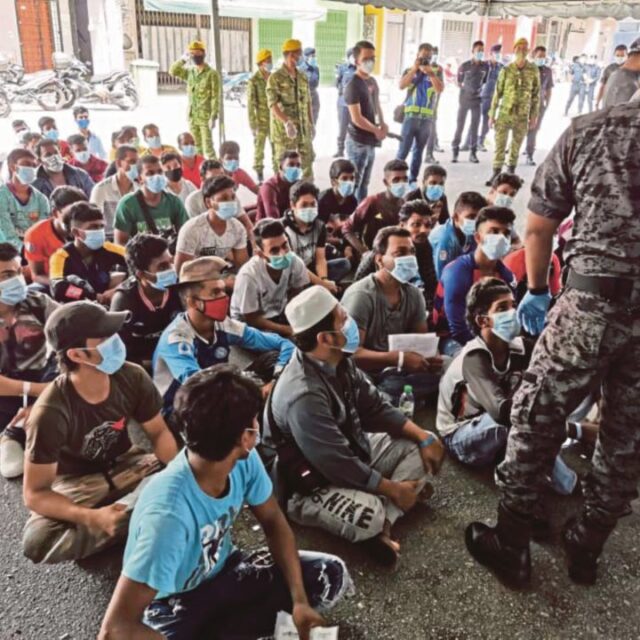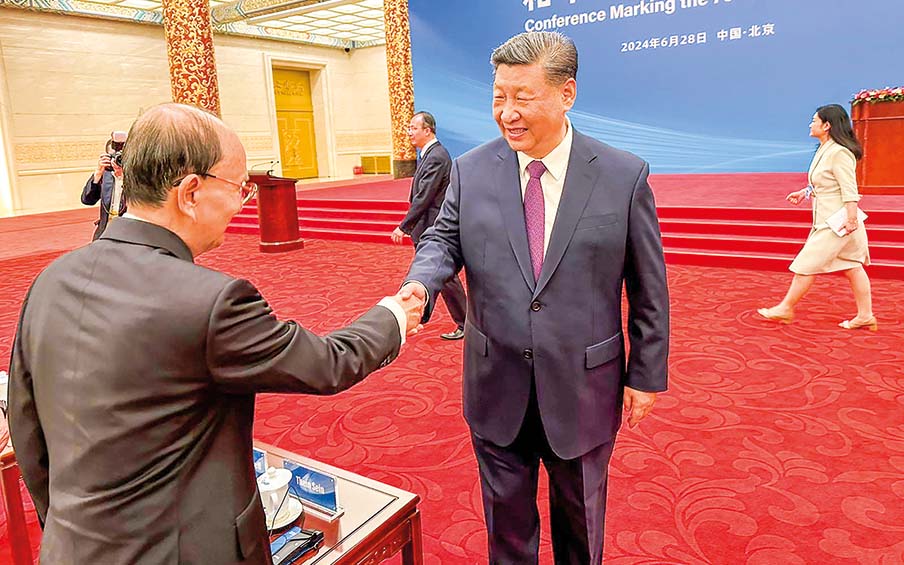The eradication of illegal trade is crucial for the economic development of any nation. While legal trade, including government and private sector initiatives, can significantly boost economic growth, illicit trade and smuggling can severely impede progress. In the ASEAN region, counterfeit goods generate an alarming annual loss of US$35 billion, with fake pharmaceuticals alone accounting for $2.6 billion. This illicit activity results in business losses of around $6 billion each year.
The International Trade Centre (ITC) highlights substantial trade discrepancies between Myanmar and its primary trade partners — China, Thailand, India, and Japan — ranging from $6 billion to $12 billion annually. These figures underscore the rampant nature of illegal trade in the region.
Illegal trade not only undermines the development of the trade sector but also inflicts significant revenue losses on the state and negatively impacts the socioeconomic landscape. To combat this, collective efforts from the entire population, in collaboration with the government, are essential.
The government must prioritize the eradication of illicit goods and ensure that legitimate businesspersons and traders operate safely and securely. This approach would help prevent the loss of substantial state revenue. Currently, medicines, cosmetics, foodstuffs, and personal goods sold online are frequently smuggled through illegal channels. Hence, specialized task forces, One-Stop Service teams, and departmental officials need to confiscate illegal goods and prosecute those involved in smuggling consistently.
The repercussions of illegal trade extend beyond economic losses. It leads to a decrease in export volumes and foreign currency earnings, fuels the black market with transactions conducted through illicit channels, and complicates the accurate budgeting of state finances. Furthermore, it hampers the formulation of effective financial and monetary policies. The prevalence of illegal trade also undermines efforts to uphold the rule of law, fosters corruption among state officials, and disrupts the administrative machinery.
The fight against illegal trade requires expedited collaborative efforts. The government, businesses, and citizens must work together to dismantle smuggling networks, safeguard state revenue, and promote lawful trade practices. By doing so, the nation can mitigate the adverse effects of illegal trade on its economy and society, ensuring a more stable and prosperous future.
Actually, those who suffer losses in illegal trade are consumers. At the same time, businesspeople of national race groups also directly or indirectly encounter losses in illegal trade. As such, the Illegal Trade Eradication Steering Committee and special task forces from regions and states have to cooperate with the government to eradicate unlawful trade, boost the State economy, and develop the private sector.
Expedite collaborative efforts to successfully eradicate illegal trade
- June 02, 2024
- 174













